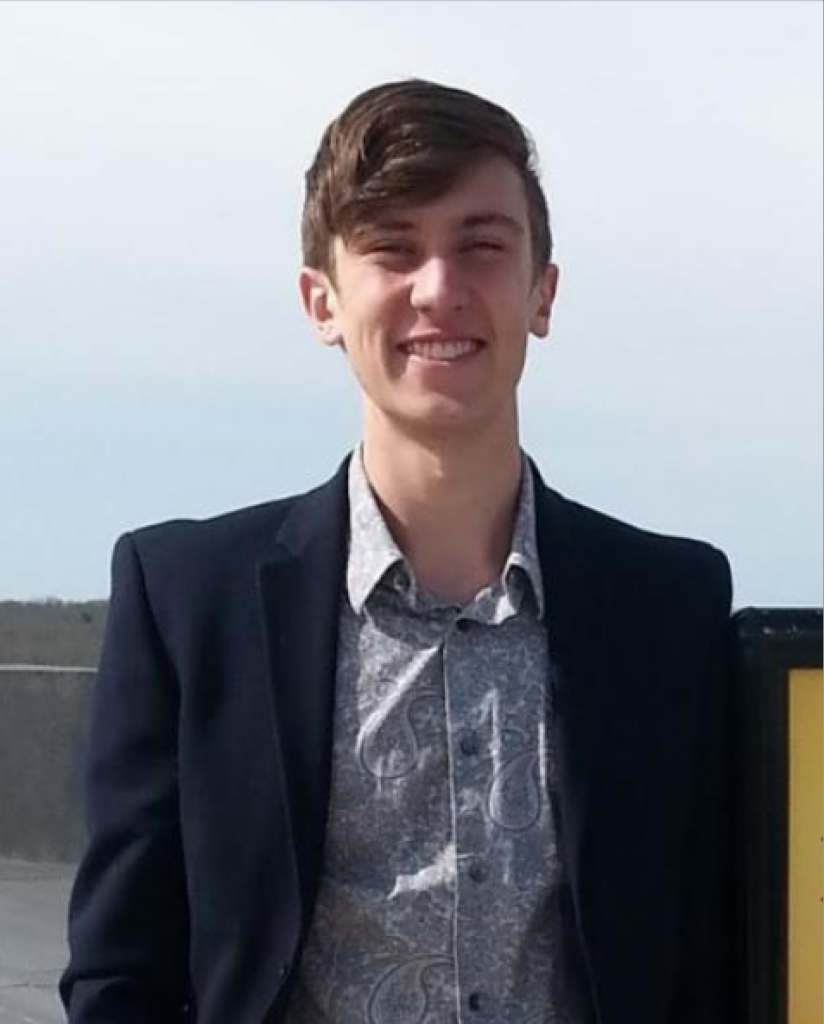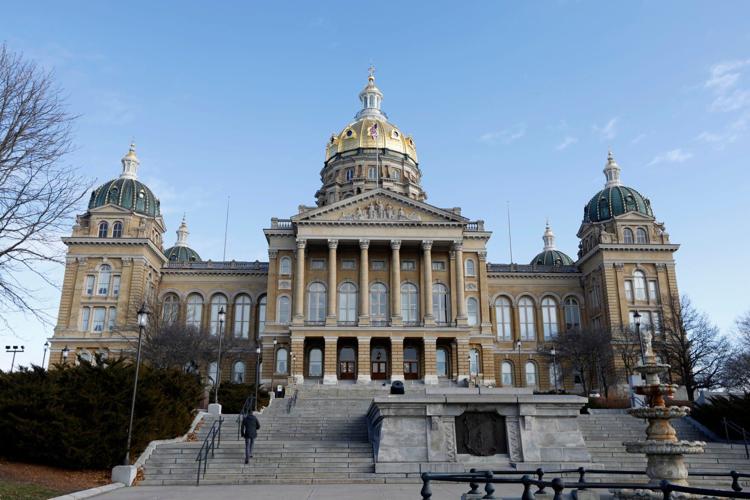By Olivia Klein
For Harley Moyer, JD ‘23, the winter term created an opportunity to spread awareness in the consumer protection field about the impact fraudulent practices have on historically disenfranchised communities. While working in the Consumer Protection Division of the Iowa State Attorney General’s Office as a part of the Government Lawyering: Attorney General Clinic, Moyer published an article that gained national attention, urging state attorneys general to pay mind to the implications of data being released by federal agencies.
“Communities of Color, Fraud, and Consumer Protection Agencies” was circulated nationally as the Article of the Month in the National Association of the Attorneys General’s Consumer Protection Newsletter this January. In the article, Moyer highlights quantitative findings from recent reports from the Federal Trade Commission (FTC) and Consumer Financial Protection Bureau (CFPB) proving that “unfair and deceptive practices have unique and disproportionate impacts on communities of color.” Through statistical analysis of complaint databases and qualitative examples of targeted fraud in markets ranging from auto dealerships to education, the agencies have confirmed the discriminatory nature of consumer fraud, an important step towards enacting change.
“The core takeaway is not that the FTC or CFPB reinvented the wheel or discovered something new; these are things a lot of people would’ve assumed, especially in marginalized communities,” Moyer says. Nonetheless, the findings are significant. “I think it’s very powerful in that it confirms a lot of things we know, and now we can follow these studies with particularity. The fact that they published this shows that it’s something they [FTC, CFPB] care about, and they’re signaling to everybody else in the consumer protection world that we should look at it.”
Moyer returns to this call to action in the article, particularly for state attorneys general. “I think that state attorneys general can really take charge and be a fruitful place for change, while federal agencies may be hamstrung and not able to closely interact with the local communities in the way the state groups can,” he says.
A heightened focus on consumer protection for those most impacted by discriminatory fraud practices will be widely beneficial, he continues. “State attorneys general have a great opportunity to use their power and the flexibility built into the institution. Rigorously enforcing consumer protection violations that already exist will be impactful, because we know they’re disproportionately impacting marginalized communities. It’s a very effective way to protect people, by focusing on the people who need protecting the most.”
The article was one project of many that Moyer completed while spending the January term with the Iowa State Attorney General’s Office. Moyer hails from the Midwest, but he did not find a distinct connection to Iowa until meeting Professor Jim Tierney, who knew that the office would be a strong fit for Moyer. “When I got to law school, it ended up being fortuitous that I ran into Professor Tierney,” Moyer grins. “In a fifteen-minute conversation, he figured out exactly my interests and what would be perfect for me.”
At HLS, Tierney is the director of the Government Lawyer: Attorney General Clinic and teaches The Role of the State Attorney General course, which he is uniquely qualified for after serving as the Attorney General of Maine from 1980 to 1990. The clinic places students in offices of state attorneys general across the country, where they have the opportunity to work in areas including civil rights, environmental protection, appeals, and cybercrime, among others. Tierney first connected Moyer with the Pennsylvania Attorney General’s Office, where he worked last summer on consumer protection issues.
“Working at the Pennsylvania AG was great,” Moyer reflects. “It was such interesting financial work to help out so many people, especially those in need of relief. I fell in love with the work and wanted to keep doing it. I stayed connected with Professor Tierney, and that led me to take his seminar, and then the clinic this winter. He once again immediately knew what the right next office for me would be, and I was placed with Iowa.”
At both placements, the variety of the state attorneys general work has offered Moyer a glance at many areas of consumer protection law and state-level government lawyering. “In Iowa, every single project was something important from a different attorney who specialized in a different area. They ranged from loan financing for healthcare, to researching antitrust violations on a national scale, to legislation defense to protect the consumer protection statutes already in place from being changed. All of that showed me how interesting the work of the office is. The work they do ranges from answering questions about people’s odometer readings and how they relate to extended warranties for someone in Des Moines, to these nationwide issues and policies, like the article that got sent out to the entire country’s consumer protection-interest newsletter.”
The work has left a personal impact on Moyer, who sees it influencing his plans for the future. “My experience in Pennsylvania this summer really opened my eyes to the whole world, and my placement with Iowa confirmed that both the state attorney general and consumer protection routes have fascinating work that has a great impact on people that I care about and the world around me.”
Filed in: Clinical Spotlight, Clinical Student Voices
Contact Office of Clinical and Pro Bono Programs
Website:
hls.harvard.edu/clinics
Email:
clinical@law.harvard.edu

